Search Definitions
Browse Content (p. 127)
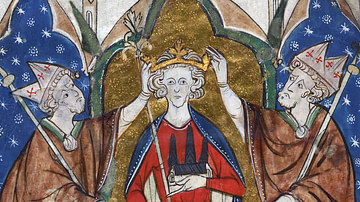
Definition
Henry III of England
Henry III of England ruled from 1216 to 1272 CE. The son of the unpopular King John of England (r. 1199-1216 CE), Henry was immediately faced with the ongoing Barons' War which had been fuelled by discontent over John's rule and his failure...
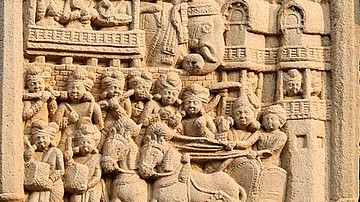
Definition
Ajatashatru
Ajatashatru (c. 493/492 BCE - c. 462/460 BCE) was the second important king of the Haryanka Dynasty, who came to the throne of Magadha by deposing and executing his own father Bimbisara. The Haryanka Dynasty (c. 545/544 BCE - c. 413 BCE...
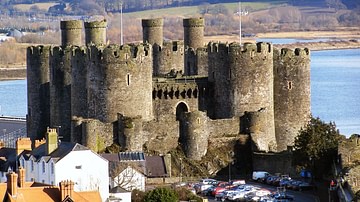
Definition
Conwy Castle
Conwy Castle (aka Conway Castle), located in North Wales, was built by Edward I of England (r. 1272-1307 CE) from 1283 to 1292 CE to protect and maintain, along with several other castles, his newly acquired dominance in the region. Built...
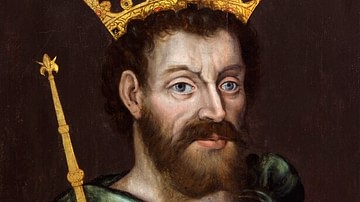
Definition
King John of England - England's Most Unpopular King?
King John of England (aka John Lackland) ruled from 1199 to 1216 CE and he has gone down in history as one of the very worst of English kings, both for his character and his failures. He lost the Angevin-Plantagenet lands in France and so...
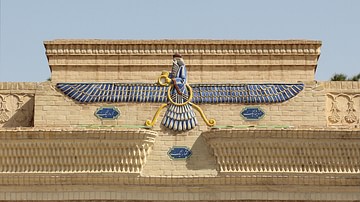
Definition
Zoroastrianism
Zoroastrianism is the monotheistic faith established by the Persian prophet Zoroaster (also given as Zarathustra, Zartosht) between c. 1500-1000 BCE. It holds that there is one supreme deity, Ahura Mazda (Lord of Wisdom), creator and sustainer...
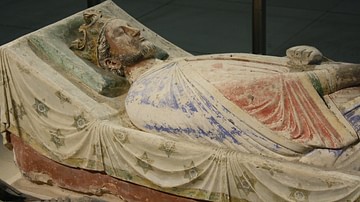
Definition
Richard I of England
Richard I of England, also known as Richard the Lionheart (Cœur de Lion), reigned as king of England from 1189 to 1199. The son of Henry II of England (r. 1154-1189) and Eleanor of Aquitaine (c. 1122-1204), Richard was known for his courage...
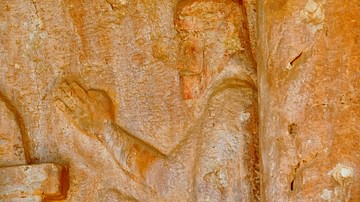
Definition
Ancient Persian Religion
Ancient Persian religion was a polytheistic faith which corresponds roughly to what is known today as ancient Persian mythology. It first developed in the region known as Greater Iran (the Caucasus, Central Asia, South Asia, and West Asia...
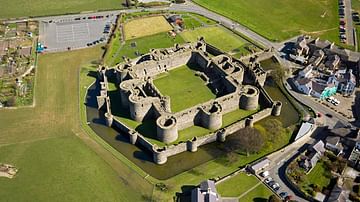
Definition
Beaumaris Castle
Beaumaris Castle, located on Anglesey, Wales, was built from 1295 CE by Edward I of England (r. 1272-1307 CE) to protect his territorial gains in the region. The castle featured the latest defensive designs of the period such as round towers...
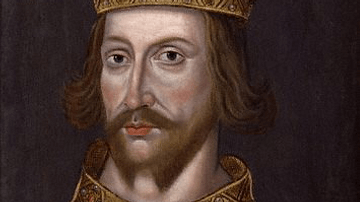
Definition
Henry II of England
Henry II of England ruled from 1154 to 1189 CE. He gained the throne by negotiation with his predecessor King Stephen of England (r. 1135-1154 CE) following the civil war that had raged between that monarch and Henry's mother Empress Matilda...

Definition
Ancient Persian Mythology
The mythology of ancient Persia originally developed in the region known as Greater Iran (the Caucasus, Central Asia, South Asia, and West Asia). The Persians were initially part of a migratory people who referred to themselves as Aryan...